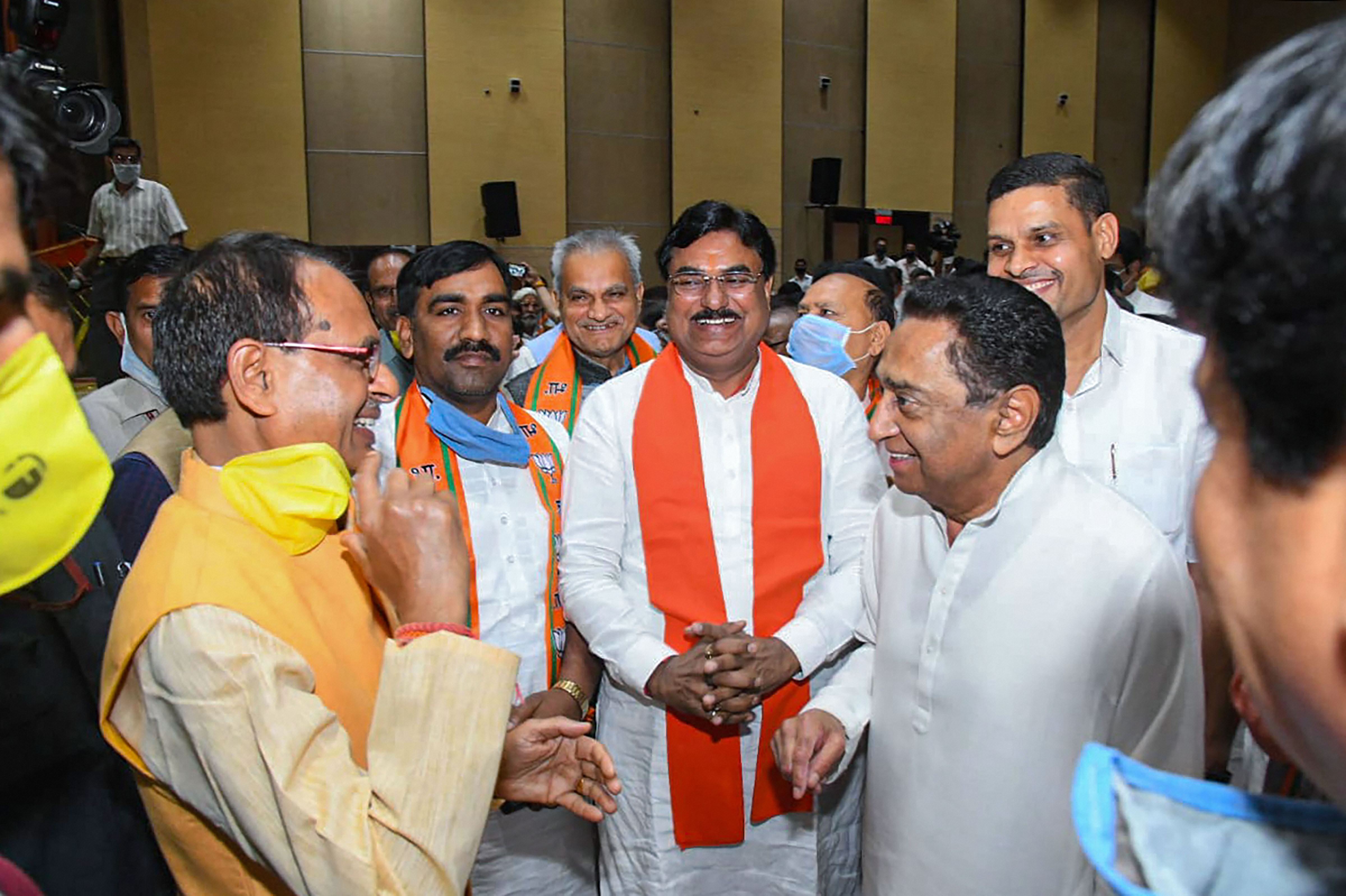Obituaries of democracy are not uncommon. Cynics may argue that the anguish that the Supreme Court expressed concerning some facets of the democracy that is at work in India is consistent with dire speculations about the grim prognosis of representative politics. A bench of the apex court did uphold the decision of the governor to order a floor test after the Congress government lost its majority owing to defection in Madhya Pradesh. At the same time, the judges have drawn attention to the warts that are all-too-evident. This ‘sordid tale of political life’, the highest court observed correctly, is borne out by such phenomena as state governments being toppled — the irony is stark — by defecting legislators of the party in office as well as by the poaching and subsequent packing of ‘rebel’ MLAs to plush resorts. Even though the bench agreed that it was best that constitutional courts not enter this murky world of politics with fragile loyalties, thereby honouring the principle of the separation of powers, it did mention — tersely — that such developments do not embellish democracy’s credentials. This observation, too, cannot be contested. The violation of the electoral mandate by ambitious political parties — why is it that it is always the Bharatiya Janata Party that gains from such transgressions? — chipping away at the rank and file of elected leaders of rival dispensations is undoubtedly a blot on democracy’s countenance.
There is a need to cleanse democracy. In the court’s opinion, the process of cleansing rests with measures undertaken by the legislature. This suggestion is of paramount importance. The existing checks against such chicanery — the anti-defection law is an example — have failed to combat the contagion. There is thus an urgent need to come up with robust legislative interventions keeping in mind the new strategies that have been forged to find a way around laws. The question, though, is of political will. The BJP — the party most recently regained Karnataka and Madhya Pradesh in this dubious manner — is unlikely to be an eager participant in the deliberations to chalk out correctives. The political fruits of such unethical practices are too tempting. The absence of political will, in turn, signifies a deeper problem. Politics seems to have been hollowed out of its moral imperatives. It is this amorality that makes it easier for political parties to transform democracy into a sordid affair.










